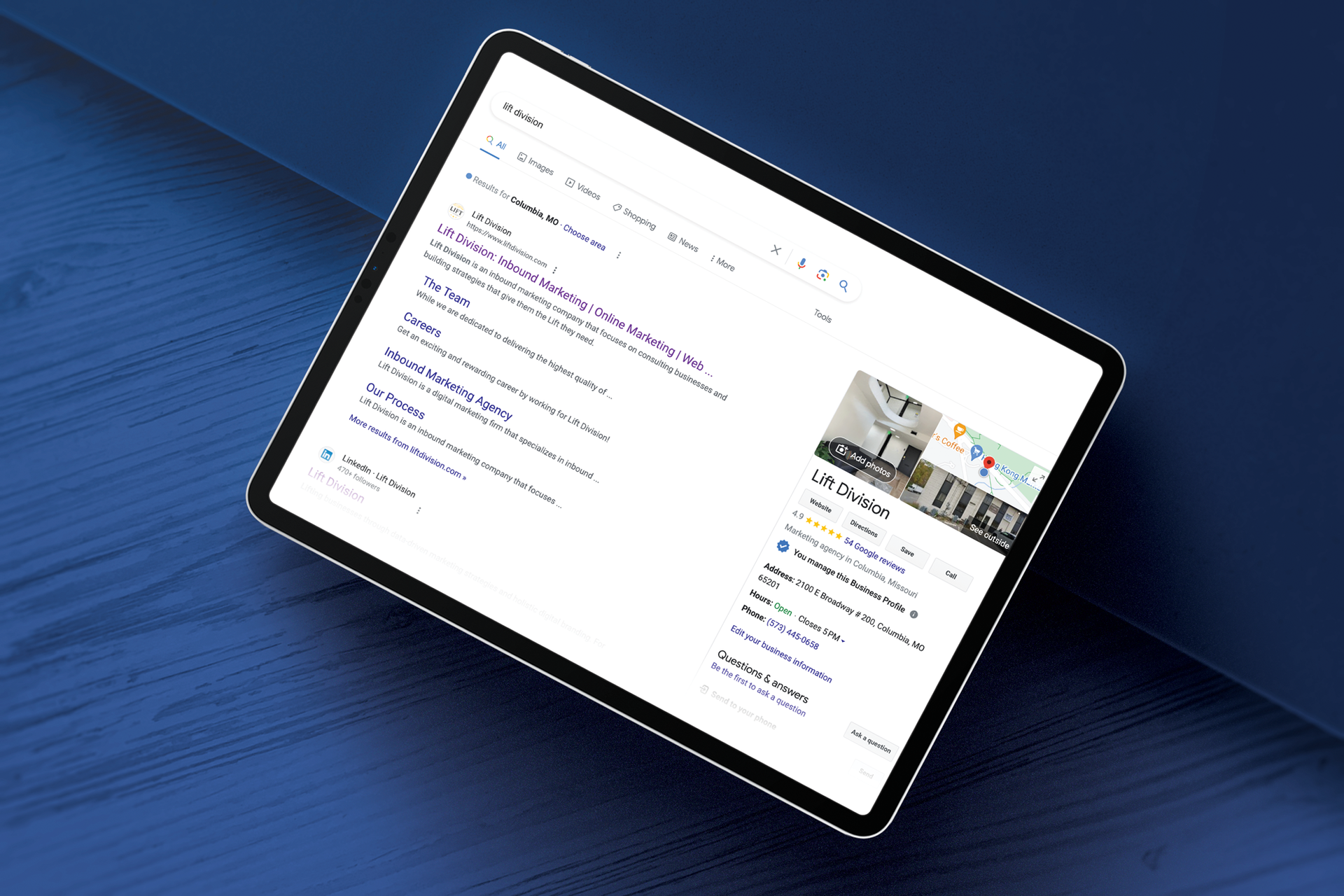Marketing re:Marx Part II: Planned Obsolescence & The Sharing Economy
Previously in Marketing re:Marx, we explored Karl Marx’s concept of commodity fetishism. In particular, we dissected Marx’s formulation of the idea, the nature of its existence, and how the current trend of corporate social responsibility may eventually provide a means to its end.
This time, we’re dealing with a whole other topic: Planned obsolescence. Although not an explicitly Marxist concept, planned obsolescence is certainly worthy of discussion in a Marxist light. Not only does it relate to online marketing and the sharing economy, it’s also something that Marx would have probably had a lot to say about – were he grumbling around, scratching his beard in today’s capitalist society.
Planning for the Obsolete
Planned obsolescence is a business practice that has been exercised since the 1920s, and its questionable implications have been debated about ever since by economists and sociologists alike – long after Marx himself had kicked the bucket, however.
First off, an example: You know how your iPhone works great for the first couple years, but after a while it starts to break down? Or how about the fact that a lot of electronic or mechanical products aren’t made first and foremost for longevity, but are rather only expected to last for a limited about of time before they need replacing? (Think lightbulbs, headphones, laptops, etc.) Doesn’t it always seem like right when your gadget starts to break down (roughly 2-4 years), there’s a new one on the market?
This is the idea behind planned obsolescence. Simply stated, it’s the notion that firms actually have an incentive not to create products based around longevity; as long as they offer products that consumers want at an acceptable price, we will purchase them, even if they don’t last very long. It’s very plausible – in fact it has happened before – that large corporations purposefully sell products that are designed to only last for a certain amount of time.
So, why would anyone actually want this? At face value, most people probably view planned obsolescence as a bad thing because it implies inferior products and higher consumer spending, but unfortunately it’s a bit more complicated than that.
Weighing the Sides and Callin' Up Marx
Proponents of planned obsolescence argue that the practice stimulates the economy by stimulating demand, while detractors contend that planned obsolescence unnecessarily increases consumer spending. No matter what side you fall on, however, it’s worth noting that planned obsolescence does have distinct advantages for producers – while consumers always get the short end of the stick.
With this in mind, it’s not hard to speculate what Marx would have said about planned obsolescence: “Hell nah!” (All right, he probably would have been a little bit more articulate, but the sentiment is still there.)
Marx’s opposition would stem from his orientation toward the consumer (which we can identify as his proletariat in this context), and he was therefore not in favor of giving producers/suppliers (his bourgeoisie) any benefits – especially in a capitalist economic system, which he was also decidedly opposed to because of the classism he viewed inherent to the model.
What’s more, Marx was big on the environment. He understood the role that humans have in nature, and he was careful to explain this in his 1844
Economic and Philosophical Manuscripts, wherein he wrote,
“Man lives on nature – means that nature is his body, with which he must remain in continuous interchange if he is not to die. That man's physical and spiritual life is linked to nature means simply that nature is linked to itself, for man is a part of nature.”
A little out there, but you get the point.
And since planned obsolescence naturally creates more consumption and therefore waste and environmental degradation, we can pretty accurately speculate that Marx wouldn’t have been too hot on the idea of planned obsolescence. (Not to mention the glaring fact that Marx didn’t favor a capitalist economy in the first place, of course.)
Online Marketing and the Sharing Economy
What does any of this have to do with online marketing? Well, on one end it’s relatively simple: B2C online marketers mostly focus on creating content that will draw users to their website. Although it may seem like this has nothing to do with planned obsolescence, in a way — albeit a somewhat circuitous way — it actually does.
Think about it: For businesses that are primarily based online, customers require a lot more information before they’ll even try out a new product. When they’re just starting out, these new businesses have a natural disadvantage because they, in turn, can’t rely on simple market share and relative ubiquity to sell their goods. (Most planned obsolescence-based businesses rely on their being oligopolistic, after all.)
New online businesses need to offer quality goods and services that are backed up by reviews and social media endorsements. They need to show people that their product is worth buying by saying, “See, look at all these other people who agree!” One way to ensure people won’t be saying good things about your business? Base its model around planned obsolescence. On the internet, transparency and genuineness are valued heavily – and incorporating planned obsolescence is undoubtedly going to get discovered by your customers and tarnish (perhaps even destroy) your brand.
The same is true for the ‘sharing economy’, which puts a high value on innovation, information, authenticity and human interaction. Simply put, planned obsolescence is too deceptive to work in this new economic sector. It’s not innovative, not authentic, and undermines human interaction/experience in exchange for profits for producers. Perhaps most importantly, it relies on consumers’ lack of information. Yeah, even with the Marxist lens aside, that’s not going to fly.
Low Marx
So let’s recap this whole spiel of planned obsolescence: Supply-side economists like it, consumers generally don’t like it, Marx wouldn’t like it, and it’s not going to be a viable business component for new businesses that rely on online marketing or new businesses in the sharing economy. Sure, new businesses that rely on online marketing might be able to benefit from some planned obsolescence if their product is good enough, but it should never be used as a primary means to profitability.
GET A FREE ONLINE MARKETING ASSESSMENT!

Our FREE Aerial Snapshot will:
- Identify Valuable Keywords & Your Current Rankings
- Analyze Your Current Local Presence
- Review Key Performance Indicators on Your Website
- Assess Your Social Media Profiles
- Provide You with a Reputation Analysis








